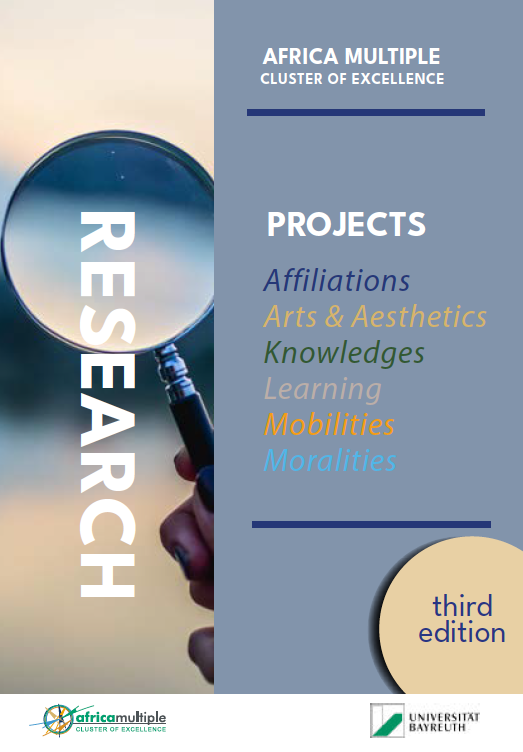Making a Living: Learning trajectories towards the ability to earn a livelihood
-
Research Section: Learning
-
Project duration: 01.01.2020 - 31.12.2023
Summary
The educational landscape in rural West Africa is currently shaped by a unique historical process. As a result of the large globally influenced schooling campaigns supported by highly influential global actors (UN-Millennium Development Goal II, 2000–2015), which aimed to contribute to the global enrolment of all boys and especially girls, a whole generation of young adults is now growing up who have almost all at least briefly attended school. Many of them were educational pioneers in their families. Thus, a whole generation of youths who were deeply influenced by these campaigns and the related immense hopes and expectations is now becoming adult. However, only a small minority have finished secondary school. Within this unique historical context, our project asks about the roles multiple learning processes – within and outside of school – play in becoming an adult, making a living, and earning a livelihood in one francophone country, Benin. Understanding making a living as a relational and multifaceted process entangled with socio-economic conditions, as well as social embeddedness and hopes of upward mobility, we ask how the general and abstract promises and hopes of the schooling campaigns are related to actual biographical processes. Population growth, scarcity of land, the rising importance of formal exams and specific problems of the formal labour markets seem to be obstacles to finding one’s place in adult life.
Key Questions, Methods and Concepts
Regarding this specific historical moment, at which scientific perspectives on youth in Africa oscillate between hope, waithood, and hopelessness, we take a pragmatic and relational perspective in reconstructing concrete ways of making a living for rural members of that generation. We seek to contribute to connected debates on youth, adulthood and making a living through a relational methodological approach that is oriented towards following the actors over time and in relation to the specific, changing constellations or networks.
For our field work and research, we break new ground while combining methods from ethnographical field work and network or relational research. Based on relational approaches in theory, we try to overcome research methods and perspectives that focus on individuals. Instead we research the constellations or spaces that are involved in the process of making a living. While starting from relationality, we try to identify the many actors or components that are involved in this process, including human and non-human aspects. While starting with human actors, we lay open the constellations that enable or disenable making a living.
Vision
We want to throw attention to relationalities both on the micro level of individual processes of making a living as well as in a broader perspective on the global educational field. How is the global circulation of educational concepts and ideas related to local processes of learning? What alternative multiplicities are observable in spite of narratives of universal educational concepts? Which relations and constellations are important for making a living on in Northern Benin, and how are these related to constellations elsewhere? At the same time we are critical with conceptions and narratives that focus on norm biographies of the minority world and which accordingly describe biographical processes in the majority world as deviations. Instead, these alternative processes have to be seen in their own logic and socio-cultural-economic embeddedness. With our project, we want to make these aspects visible.
Contribution/Relation to the Cluster’s Aims & Goals
Overcoming an individualistic understanding of human actors and their life courses, we contribute to debates on life courses, youth, and education by developing them further towards a relational understanding. At the same time, we connect them to the general themes of the Cluster: multiplicity, relationality, and, on a theoretical level, reflexivity. In addition, we develop further biographical research by developing a temporality that includes future and, even more important, research in present. Therewith, we seek to overcome common life course research with its retrospective orientation.
Following relational actors through time and spaces contributes to the Cluster’s discussions on temporalities and spatialities.
Project Team
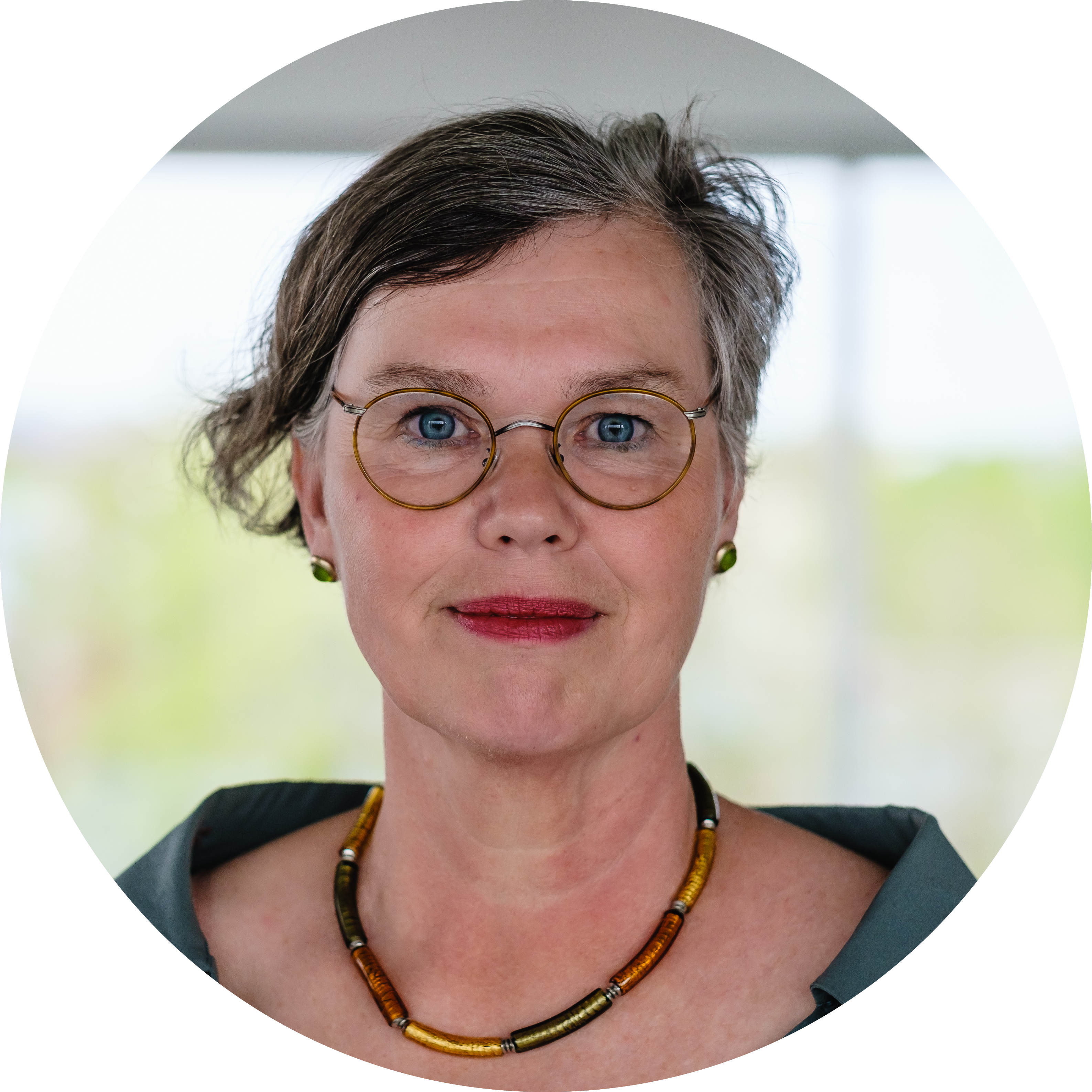
Prof. Dr. Erdmute Alber
Chair of Social Anthropology
Principal Investigator
University of Bayreuth
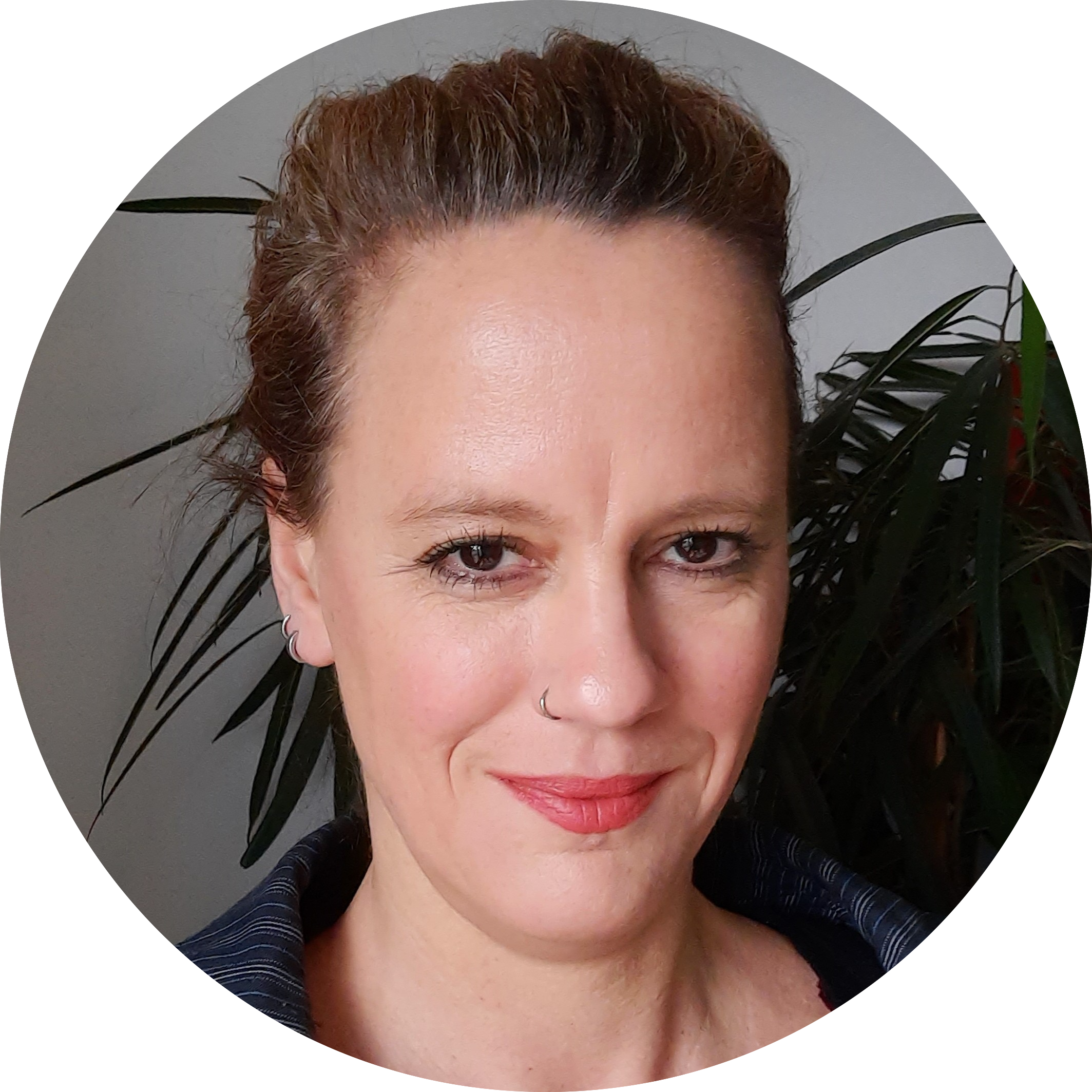
Prof. Dr. Iris Clemens
Chair of Educational Science
Principal Investigator
University of Bayreuth
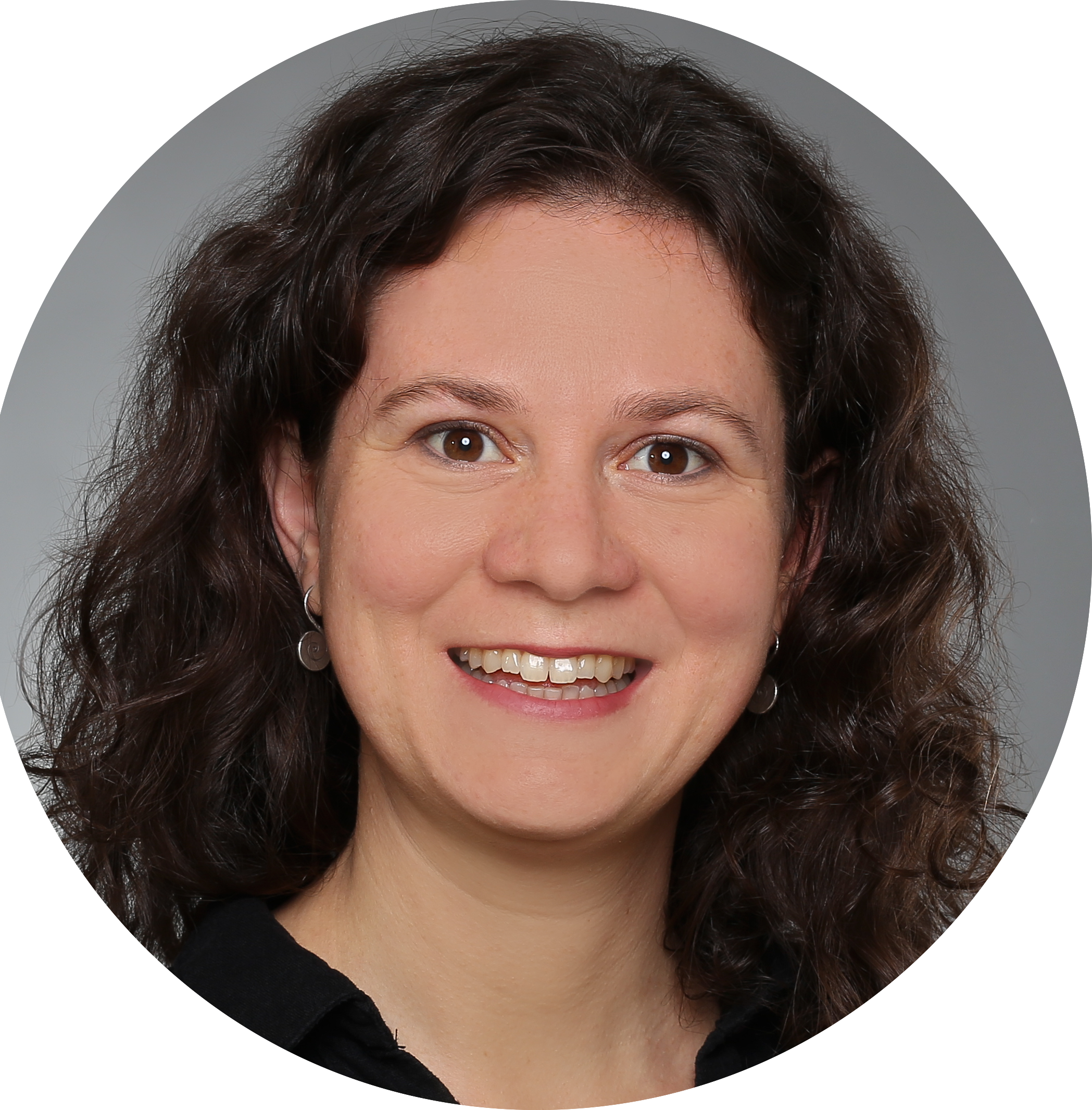
Dr. Sabrina Maurus
Research Fellow
University of Bayreuth
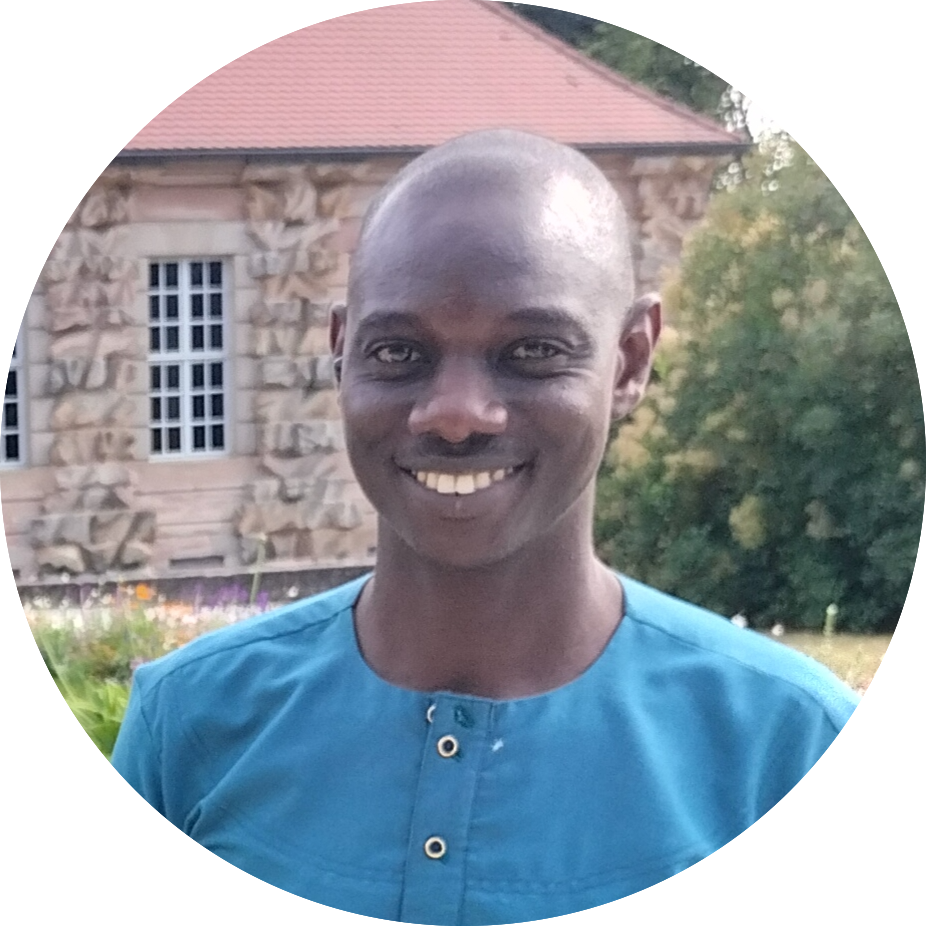
Issa Tamou
PHD Student
University of Bayreuth
Researchers
Summary
The educational landscape in rural West Africa is currently shaped by a unique historical process. As a result of the large globally-influenced schooling campaigns (UN-Millennium Development Goal II, 2000- 2015) which aimed to contribute to the global enrolment of all boys and especially girls, a whole generation of young adults is now growing up who have almost all at least briefly attended school. Many of them were educational pioneers in their families. Thus, a whole generation of youths who were deeply influenced by these campaigns and the related immense hopes and expectations is now becoming adult. However, only a small minority have finished secondary school. Within this unique historical context, our project asks about the roles multiple learning processes – within and outside of school – play in becoming an adult, making a living and earning a livelihood in one francophone country, Benin.
Understanding making a living as a relational and multifaceted process entangled with socio-economic conditions, as well as social embeddedness and hopes of upward mobility, we ask how the general and abstract promises and hopes of the schooling campaigns are related to actual biographical processes. Population growth, scarcity of land, the rising importance of formal exams and specific problems of the formal labour markets seem to be obstacles to finding one´s place in adult life.
With regard to this specific historical moment, at which scientific perspectives on youth in Africa oscillate between hope, waithood and hopelessness, we take a pragmatic and relational perspective in reconstructing concrete ways of becoming an adult and making a living for rural members of that generation. We seek to contribute to connected debates on youth, adulthood and making a living through a relational methodological approach that is oriented towards following the actor over time. We want to contribute to debates on life courses, youth and education by relating them to the general themes of the Cluster: multiplicity, relationality, and, on a theoretical level, reflexivity as well as to develop new ways of researching biographies, which are often carried out retrospectively. Finally, the project seeks to develop new forms of interdisciplinary collaboration between educational sciences and social anthropology by analysing a jointly-generated, common set of data, which we also intend to share with partners in the research region. This collaboration is not limited to shared data generation, but also extends to shared data management between the disciplines.
Research Team
- Prof. Dr. Erdmute Alber, Professor Social Anthropology
- Prof. Dr. Iris Clemens, Professor General Pedagogy
- Dr. Sabrina Maurus, Postdoctoral Researcher
- Issa Tamou, Doctoral Student
Pour la version française cliquez ici
Project Description
The educational landscape in rural West Africa is currently shaped by a unique historical process. As a result of the large globally influenced schooling campaigns (UN-Millennium Development Goal II, 2000- 2015) which aimed to contribute to the global enrolment of all boys and especially girls, a whole generation of young adults is now growing up who have almost all at least briefly attended school. Many of them were educational pioneers in their families. Thus, a whole generation of youths who were deeply influenced by these campaigns and the related immense hopes and expectations is now becoming adult. However, only a small minority have finished secondary school. Within this unique historical context, our project asks about the roles multiple learning processes – within and outside of school – play in becoming an adult, making a living, and earning a livelihood in one francophone country, Benin.
Understanding making a living as a relational and multifaceted process entangled with socio-economic conditions, as well as social embeddedness and hopes of upward mobility, we ask how the general and abstract promises and hopes of the schooling campaigns are related to actual biographical processes. Population growth, scarcity of land, the rising importance of formal exams and specific problems of the formal labour markets seem to be obstacles to finding one´s place in adult life.
Regarding this specific historical moment, at which scientific perspectives on youth in Africa oscillate between hope, waithood, and hopelessness, we take a pragmatic and relational perspective in reconstructing concrete ways of becoming an adult and making a living for rural members of that generation. We seek to contribute to connected debates on youth, adulthood and making a living through a relational methodological approach that is oriented towards following the actor over time and constellations or networks.
We want to contribute to debates on life courses, youth, and education by relating them to the general themes of the Cluster: multiplicity, relationality, and, on a theoretical level, reflexivity as well as to develop new ways of researching biographies, which are often carried out retrospectively.
Finally, the project seeks to develop new forms of interdisciplinary collaboration between educational sciences and social anthropology by analysing a jointly generated, common set of data, which we also intend to share with partners in the research region. This collaboration is not limited to shared data generation, but also extends to shared data management between the disciplines.
The research is carried out in cooperation between the Africa Multiple Cluster of Excellence at the University of Bayreuth, Germany and the Laboratoire d’Etude et de Recherche sur les Dynamiques Sociales et le Développement Local (LASDEL) and the University of Parakou in Benin.


